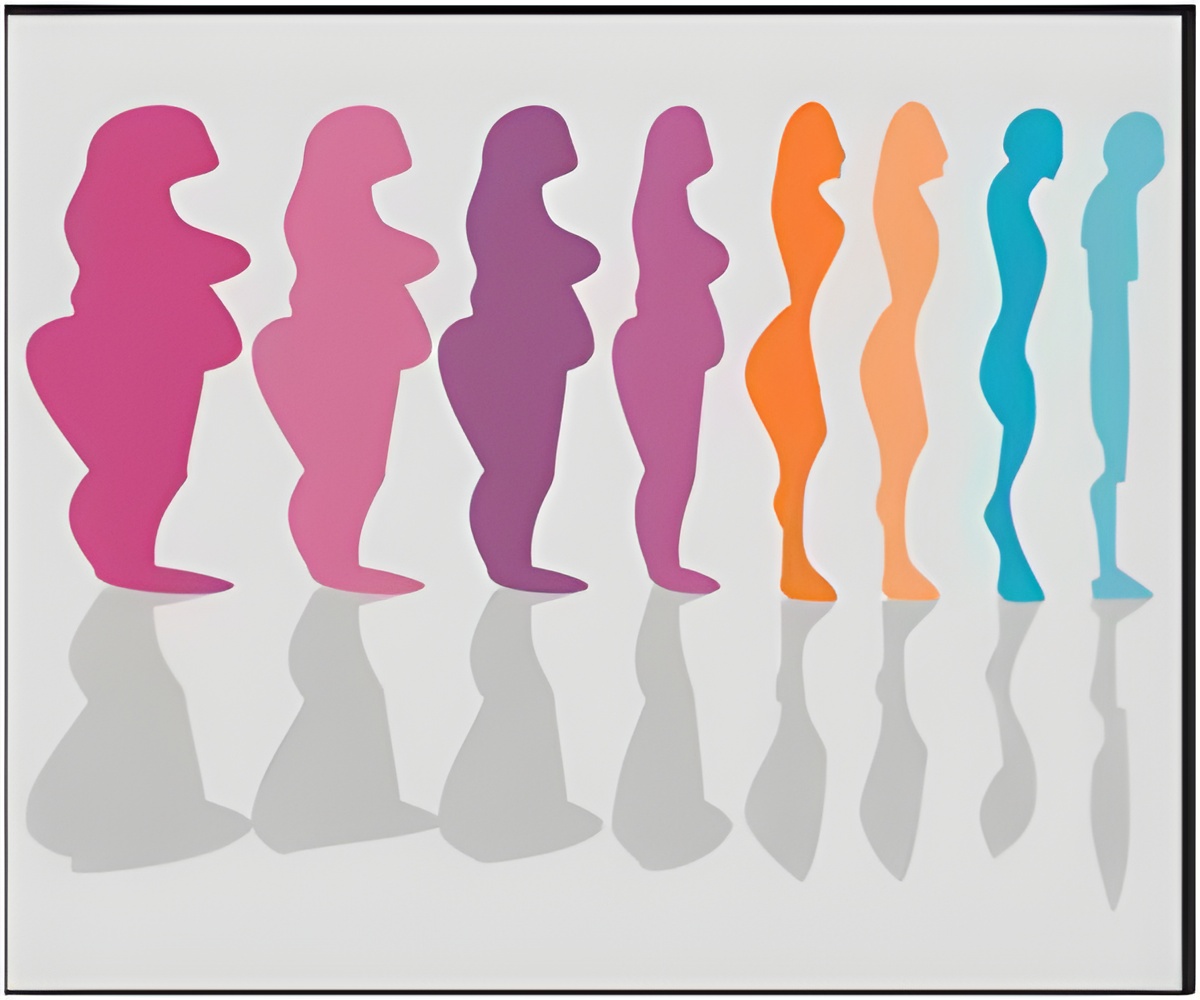A new study says that location as well as the level of experience may influence the success of individuals undertaking a weight loss programs.

The authors of this new study monitored two groups of women in the same weight loss program. One group met weekly at a university and the other group met in a church.
After 13 weeks, they found that the women meeting in the church setting lost a greater percentage of weight than those who met at the university. Additionally, those women who set out to change their eating and exercise practices for the first time lost a greater percentage of weight than women who had experience managing their weight.
Researchers Tracy Sbrocco, Robyn Osborn, Robert D. Clark, Chiao-Wen Hsiao, and Michele M. Carter studied 55 African American women, ages 18 to 55, involved in a 13-week weight-management program designed to promote long-term diet and exercise practices that produce moderate but lasting weight loss.
Of these 55 women, 19 met together in a church and 36 met at a medical school in the area. All participants were weighed and had physical fitness tests at pre- and post-treatment.
The authors provided possible explanations for their findings by stating that women with weight-loss experience may find it more difficult to lose weight when starting a new program because they are less likely to seek and accept social support for their efforts and are unable to shake the bad habits that they have learned in past weight-loss programs.
Advertisement
"Church-based groups have a built-in social support system that allows members to see each other, check in, and follow up on behaviour changes," the authors said.
Advertisement
The study has been published in The Journal of Black Psychology.
Source-ANI















